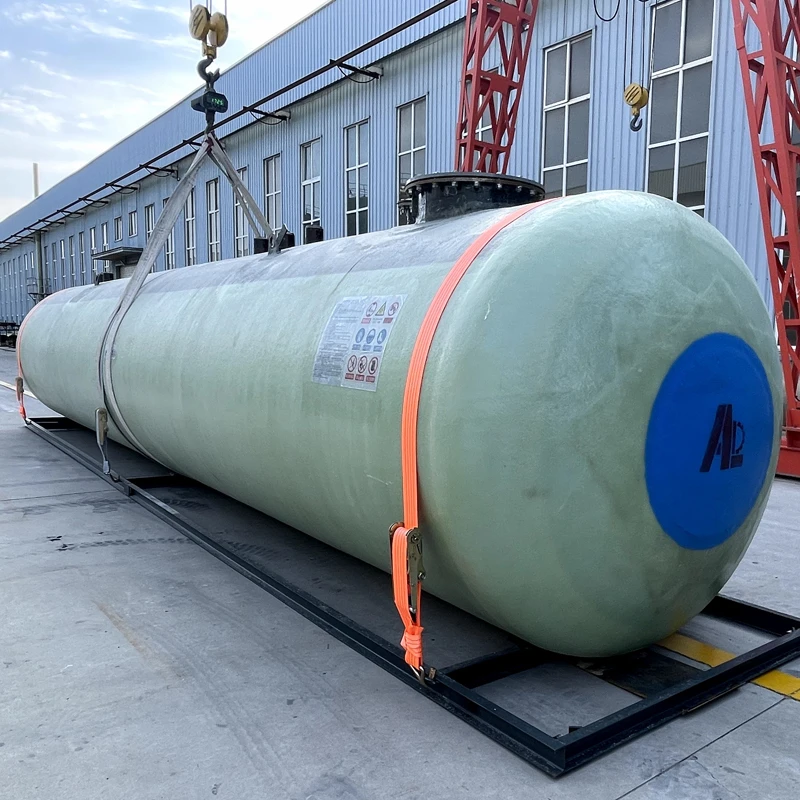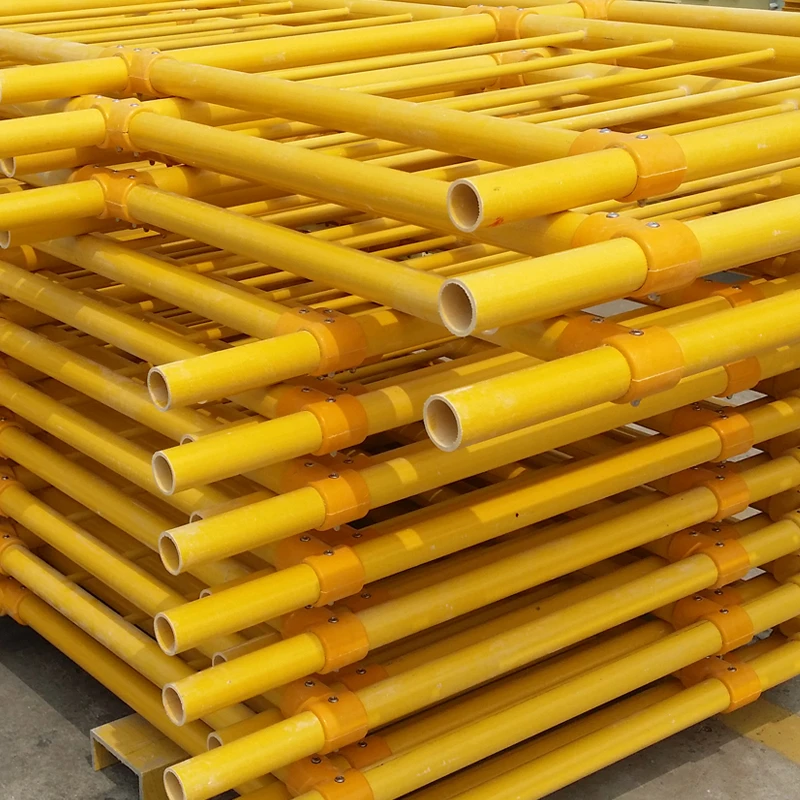
FRP tubes (Fiber Reinforced Plastic tubes) are high-performance, lightweight, and durable components widely used across various industries, including construction, automotive, aerospace, and chemical processing. These tubes are made by combining high-strength fibers such as glass or carbon with a resin matrix, resulting in a material that is both incredibly strong and resistant to corrosion, chemicals, and extreme environmental conditions. Unlike traditional metal tubes, FRP tubes offer significant advantages, including lower weight, reduced maintenance costs, and extended service life. They are also highly resistant to rust, ensuring their durability even in harsh environments. Available in a variety of sizes and configurations, FRP tubes can be customized for a wide range of applications, from structural reinforcement and piping systems to protective covers and aesthetic designs. The manufacturing process of FRP tubes, such as filament winding or pultrusion, allows for precise control over their strength and flexibility, making them suitable for both heavy-duty industrial applications and lighter, more specialized uses. These tubes are not only efficient and cost-effective but also environmentally friendly, as they can be recycled and have a lower carbon footprint compared to metal alternatives. Whether used in corrosive chemical environments, structural components, or lightweight construction, FRP tubes offer an advanced solution for industries seeking reliable, durable, and sustainable tubing options.
How FRP Tubes Are Transforming the Construction Industry: Lightweight and Durable Solutions
In recent years, FRP (Fiber Reinforced Plastic) tubes have become a revolutionary material in the construction industry, offering a range of benefits that traditional materials like steel and concrete cannot match. These tubes are made by reinforcing a plastic matrix with fibers such as glass or carbon, resulting in a strong, lightweight, and corrosion-resistant product that is ideal for various construction applications.
One of the most significant advantages of FRP tubes is their lightweight nature. Compared to traditional materials, they are much easier to handle and transport, reducing labor costs and simplifying installation processes. Their lightweight properties also contribute to the overall reduction of the structure’s weight, which is especially beneficial in projects where load-bearing capacity is critical, such as bridges or high-rise buildings.
The durability of FRP tubes is another key factor in their growing use within construction. Unlike metal, which can corrode over time, FRP tubes are highly resistant to environmental factors such as moisture, chemicals, and extreme weather conditions. This makes them particularly valuable for applications in areas prone to corrosive environments, such as coastal regions or industrial sites. Their ability to withstand harsh conditions without deteriorating ensures that structures made with FRP tubes have a longer lifespan, requiring less maintenance and offering a higher return on investment.
FRP tubes also offer design flexibility, allowing engineers and architects to create customized shapes and profiles to meet the specific needs of a project. Whether used for columns, supports, or protective barriers, these tubes can be tailored for optimal strength and aesthetic appeal.
Customizing FRP Tubes for Specialized Applications: How Tailored Solutions Meet Industry Needs
Fiber Reinforced Plastic (FRP) tubes have become an indispensable material in various industries due to their exceptional strength, lightweight properties, and corrosion resistance. However, the versatility of FRP tubes goes beyond their basic attributes, as they can be customized to meet the specific demands of specialized applications across diverse sectors.
Customizing FRP tubes involves adjusting factors such as fiber type, resin composition, and manufacturing techniques to optimize the material for particular uses. For instance, industries such as oil and gas, marine, and chemical processing often require FRP tubes that can withstand harsh environments, including exposure to extreme temperatures, corrosive substances, and high-pressure systems. By selecting the right resin and reinforcing fibers, manufacturers can create FRP tubes with enhanced chemical resistance, ensuring their long-term durability in these demanding conditions.
In construction, customized FRP tubes are often used for structural reinforcement or as protective barriers. Tailored solutions enable engineers to design tubes that offer the right balance of strength and flexibility, ensuring they can handle heavy loads while remaining lightweight and easy to install. Whether it’s for columns, beams, or underground piping, the ability to fine-tune the material properties makes FRP tubes ideal for a wide range of structural applications.
Another key advantage of customization is the ability to create specific geometries and sizes. For industries with unique requirements, such as aerospace or automotive, FRP tubes can be engineered to fit custom molds or shapes, allowing for precise integration into specialized components and systems.


